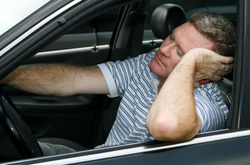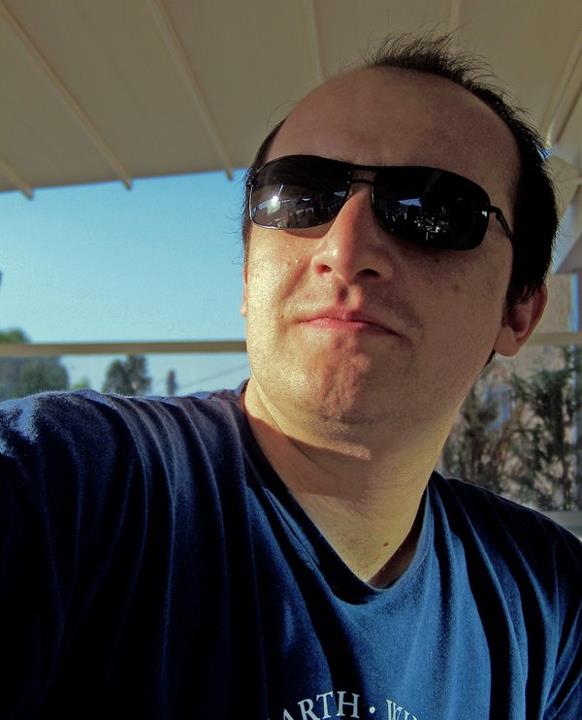
Drowsy driving is a serious issue that is causing a lot of troubles and safety hazards on American roads. A recent nationwide study by the Centers for Disease Control, revealed that 1 in 24 adults admitted to occasionally falling asleep while driving. It's not sleeping per se, it's more of a nodding off for a couple of seconds. The study showed that it was more common among men, in their late 20s and early 30s.
Often, drivers nod off while behind the wheel without even realizing it. It could last as little as 1-2 seconds, but that's more than enough time to lose control over the wheel and not being able to hit the brakes in time, hitting another car or straying off the road, driving straight into a ditch or falling off a cliff. According to the most recent statistics that is available, in 2009, drowsy driving was the reason for 30,000 car accidents, 730 of which war fatal.
Sleep deprivation is the obvious reason for drowsy driving. It's recommended that people get at least 8 hours of sleep in order to be able to perform all the daily tasks and stay focused throughout the day. If you haven't slept well during the night, you will be excessively tired, and driving requires you to be well-rested and fresh so that you can keep your eyes on the road and pay attention to what's happening around you.
There are a couple of signs that could reveal a driver is not in the ideal mental and physical condition to be sitting behind the wheel, and that they should immediately stop and rest for a while. If you start blinking frequently, or more than usual, if you notice that your mind is wandering, or you miss an exit, your head starts falling every couple of minutes, if you are not able to drive straight and stay in your lane, you should take it as a warning and realize that you should stop unless you want to hurt yourself or other passengers and drivers.
As far as preventing drowsy driving, the most efficient thing you can do is sleep for at least 7-9 hours, treat any sleeping disorders you might have, such as sleep apnea, which is among the most common sleep disorders, and avoid drinking and driving at any cost.
Often, drivers nod off while behind the wheel without even realizing it. It could last as little as 1-2 seconds, but that's more than enough time to lose control over the wheel and not being able to hit the brakes in time, hitting another car or straying off the road, driving straight into a ditch or falling off a cliff. According to the most recent statistics that is available, in 2009, drowsy driving was the reason for 30,000 car accidents, 730 of which war fatal.
Sleep deprivation is the obvious reason for drowsy driving. It's recommended that people get at least 8 hours of sleep in order to be able to perform all the daily tasks and stay focused throughout the day. If you haven't slept well during the night, you will be excessively tired, and driving requires you to be well-rested and fresh so that you can keep your eyes on the road and pay attention to what's happening around you.
There are a couple of signs that could reveal a driver is not in the ideal mental and physical condition to be sitting behind the wheel, and that they should immediately stop and rest for a while. If you start blinking frequently, or more than usual, if you notice that your mind is wandering, or you miss an exit, your head starts falling every couple of minutes, if you are not able to drive straight and stay in your lane, you should take it as a warning and realize that you should stop unless you want to hurt yourself or other passengers and drivers.
As far as preventing drowsy driving, the most efficient thing you can do is sleep for at least 7-9 hours, treat any sleeping disorders you might have, such as sleep apnea, which is among the most common sleep disorders, and avoid drinking and driving at any cost.


 RSS Feed
RSS Feed